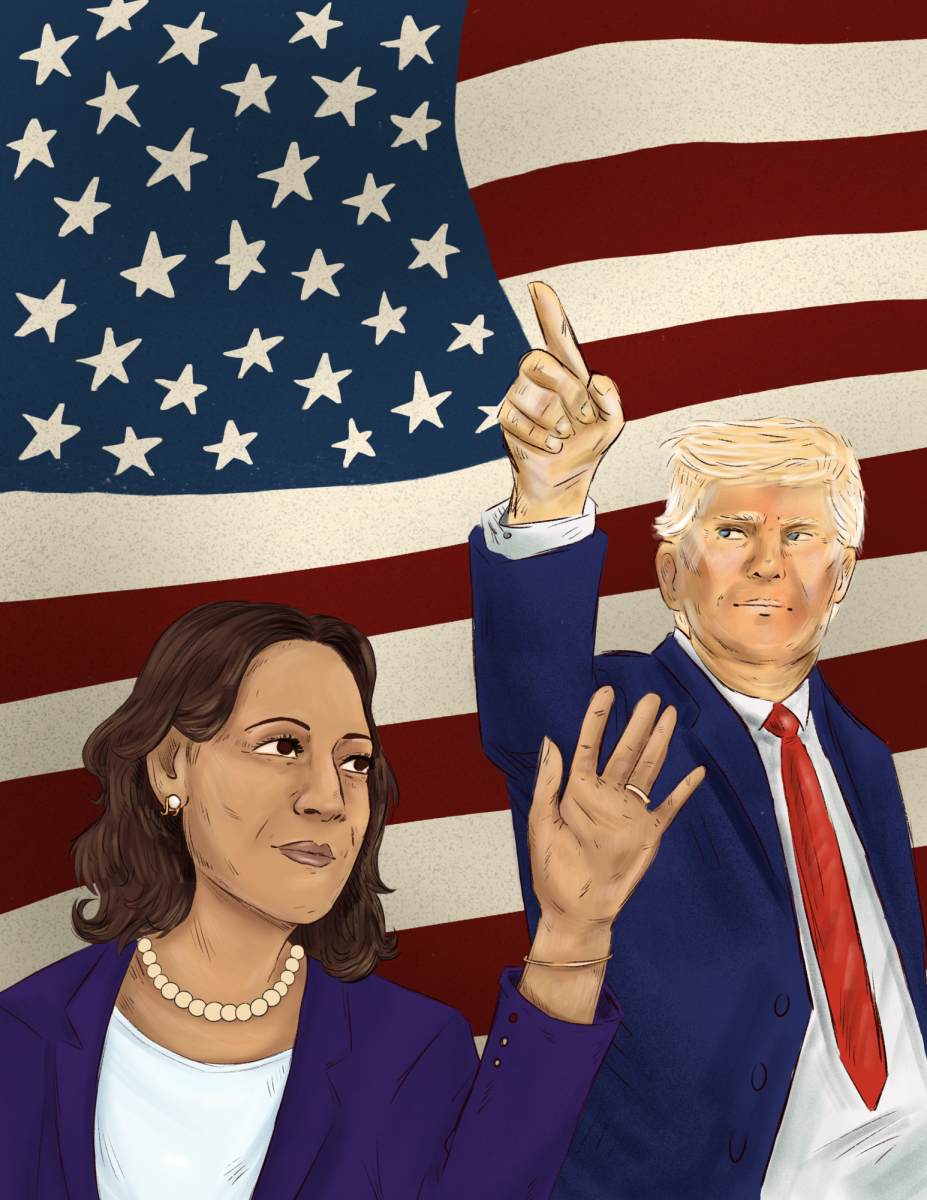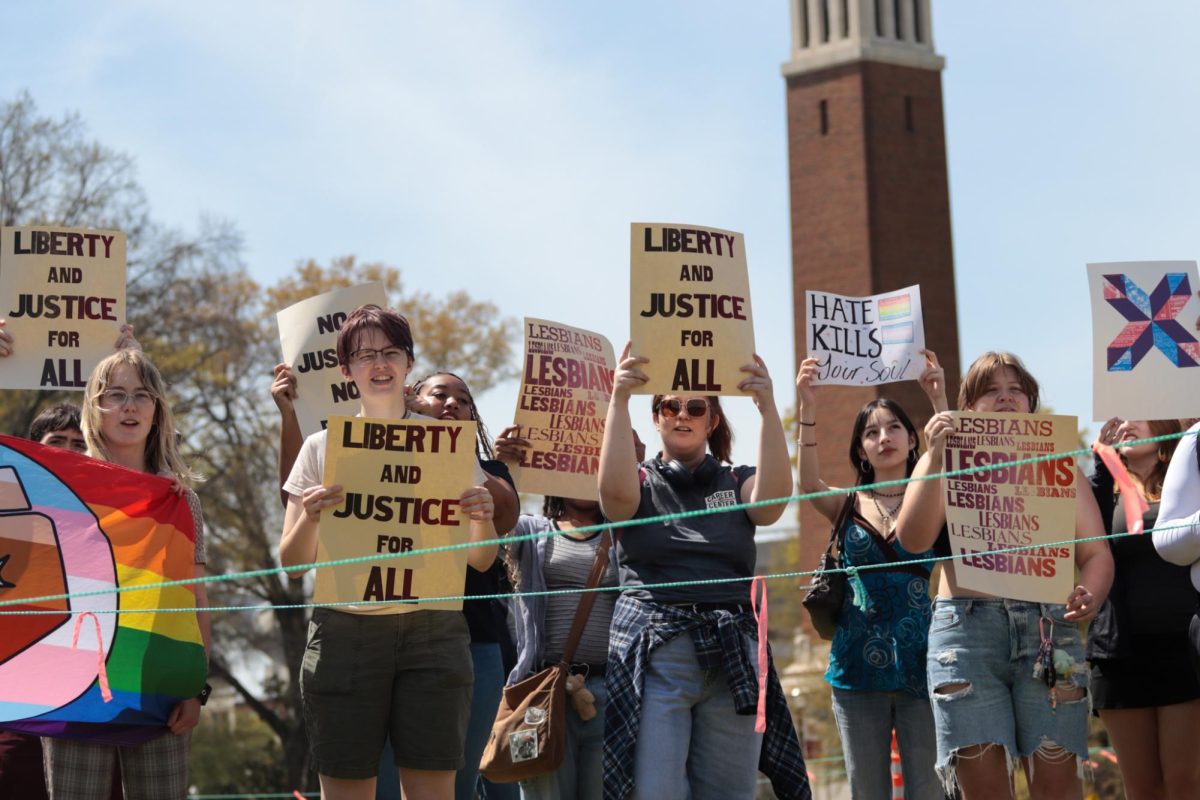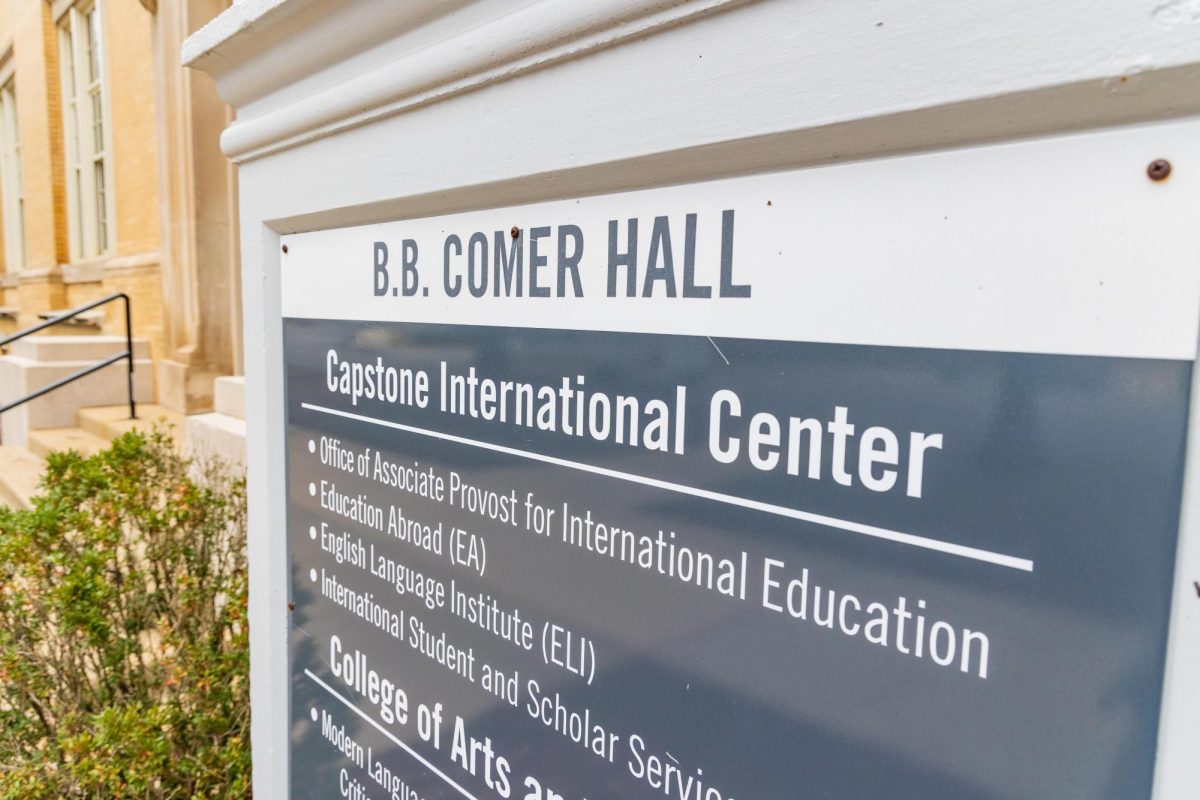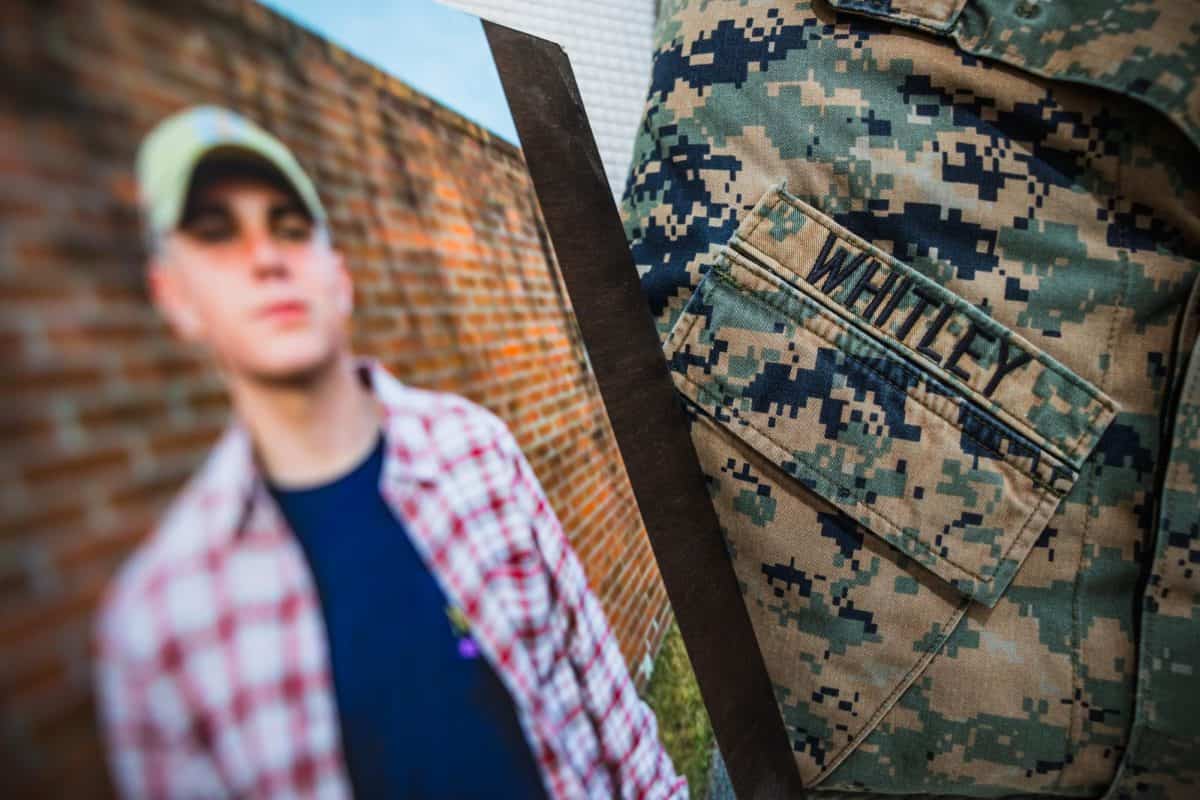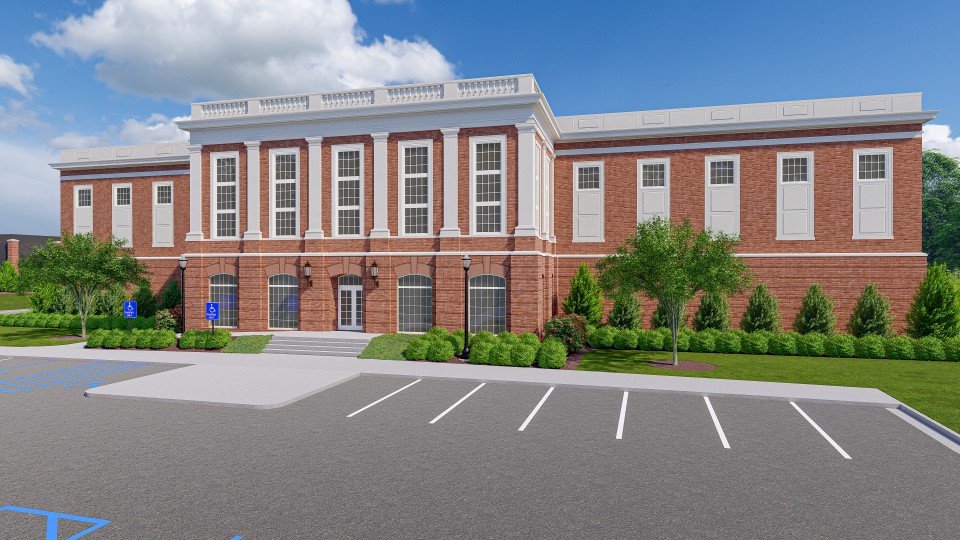In what is shaping up to be a historic election, Americans are facing a decision that will shape the country’s future — choosing the 47th president, a choice that has divided much of the country beyond lines of red and blue. A variety of issues are at the top of voters’ minds this election, including Abortion, Border Security, and democracy itself.
For Milan Daniels, a freshman majoring in biology, abortion is that issue.
“I think it’s important for women to have their own right and [the] will to do whatever they want with their body, and no one should be able to dictate that,” Daniels said.
She said the autonomy women need, especially in a college setting, is under fire, particularly since the Supreme Court’s decision to overturn Roe v. Wade.
Vice President Kamala Harris is running her campaign with abortion rights as a cornerstone, reflecting this concern.
Harris’ official stance drives the point home: “Since Roe v. Wade was overturned, Vice President Harris has driven the Administration’s strategy to defend reproductive freedom … As President, she will never allow a national abortion ban to become law.”
This message hits hard for students like Nathaniel Pitts, a freshman majoring in education, who call the current era of rollback of abortion rights a “historically negative time.” He said he sees the issue as more than just policy — to him, it’s personal, and it’s urgent.
“The overturn of Roe v. Wade was a pivotal moment, and it’s the most important issue in this election,” Pitts said.
Sharing this sentiment, Trey Lomax, a freshman majoring in music education, feels the weight of the debate. He said it’s “a pretty scary time,” noting that family members of his have been directly impacted.
Coming from Las Vegas, he also pointed out that Alabama feels different.
“There’s a big religious factor here. People think differently, but there are some who feel the same way as I do,” Lomax said.
He believes federal protections on abortion are necessary, despite the push for state-level decisions.
“It’s just scary. I think having a federal [law] would be cool,” he said.
Not everyone agrees. For Rose Hall, a freshman majoring in theatre, abortion isn’t just a choice; it’s a crisis.
“I’m very anti-abortion, and it’s upsetting that babies are dying,” Hall said.
Hall’s beliefs align with former President Donald Trump’s campaign platform.
Trump, who touts his role in overturning Roe v. Wade, has positioned himself as a champion for anti-abortion laws.
“I was proudly the person responsible for the ending of something that all legal scholars, both sides, wanted and demanded be ended,” Trump said in a video statement, adding that the power to regulate abortion should belong to individual states.
While Trump has frequently claimed on the campaign trail that all legal scholars wanted Roe v. Wade overturned, FactCheck.org rated this claim false. In fact, many legal scholars advocated for the precedent the case set to remain.
As election day inches closer, the debate over abortion remains a critical — and divisive — topic on campus and nationwide, but it’s not the only issue at play.
Mary Beth Cooksey, a freshman majoring in hospitality management, considers border security one of the most critical topics in this election. Cooksey said stronger borders would make her feel “safer.”
Trump takes a firm stance on border security, pledging to reinstate many of his administration’s previous immigration policies.
During Trump’s presidency, his administration constructed 452 miles of border wall and enforced policies like the “Remain in Mexico” program. This policy required asylum seekers to wait in Mexico while their U.S. court cases were processed.
“President Donald J. Trump created the most secure border in U.S. history,” his campaign said on its official website.
After the policy’s implementation, border encounters fell sharply, from 859,501 in 2019 to 405,036 in 2020. Various factors contributed to this reduction, including the pandemic and stricter enforcement measures.
Harris, in contrast, had a different approach to immigration during her tenure as vice president. She has prioritized addressing the root causes of migration from Central America’s Northern Triangle — El Salvador, Honduras and Guatemala.
Since taking on this role in March 2021, she has worked to boost private investment in these regions, securing over $5.2 billion in commitments, with nearly $1.3 billion already deployed as of June 2024.
“Harris’ approach has involved leveraging her position to secure commitments from multinational companies and nonprofits to invest in the Northern Triangle”, American Law Reporter said in an article. This strategy aims to reduce migration by improving local conditions rather than relying solely on immediate border security measures.
Despite their differing approaches, both candidates recognize the significance of immigration policy in the 2024 election, but their strategies reflect contrasting views on enforcement and diplomacy.
Walter Mink, a junior majoring in computer science and geography, sees the integrity of democracy itself as being on the line.
“I think whichever president gets chosen will decide whether America sticks with democracy that listens to the people and the truth or one that just lies to people’s faces,” Mink said.
Harris’ campaign highlights her commitment to protecting fundamental freedoms in the electoral process, advocating for legislation to expand voting rights.
Her campaign platform said that Harris will fight to ensure Americans can participate in democracy by passing the John Lewis Voting Rights and Freedom to Vote Acts to protect voting rights and expand access.
In contrast, Trump’s platform is heavily focused on election security, claiming the 2020 election was fraudulent despite no evidence of widespread fraud that could have affected the outcome of the election.
Trump’s campaign said he is committed to the honesty of our elections by reforming election laws, banning unsecure drop boxes, and preventing illegal changes to procedures aiming to enforce stricter voter ID requirements and eliminate mail-in voting.
With both candidates having laid out their positions on the key issues that will shape the country and campus’ future, it’s up to the voters to make their choice. Understanding where Harris and Trump stand will help students, and all Americans, cast an informed vote this November.



